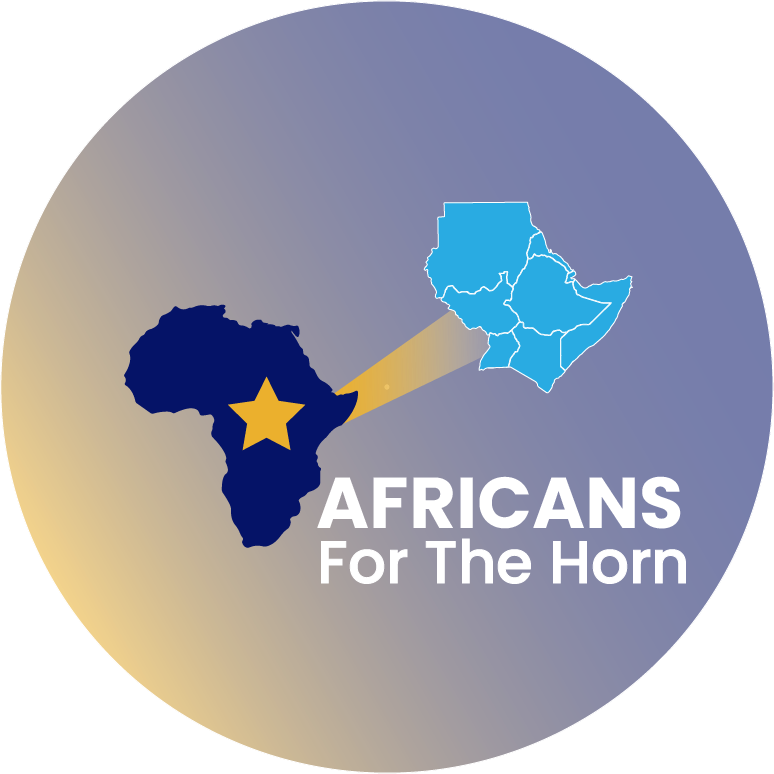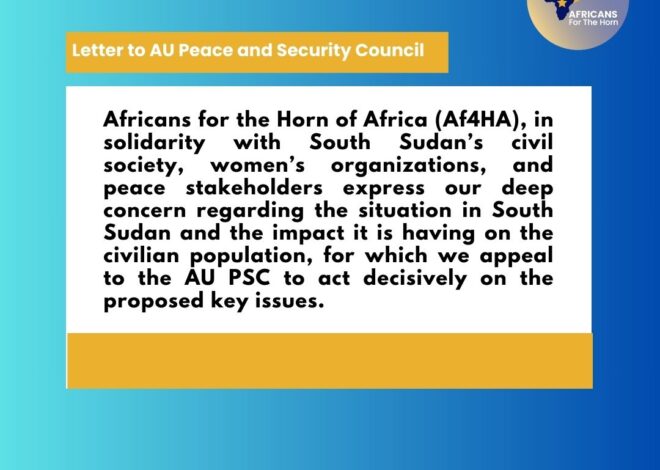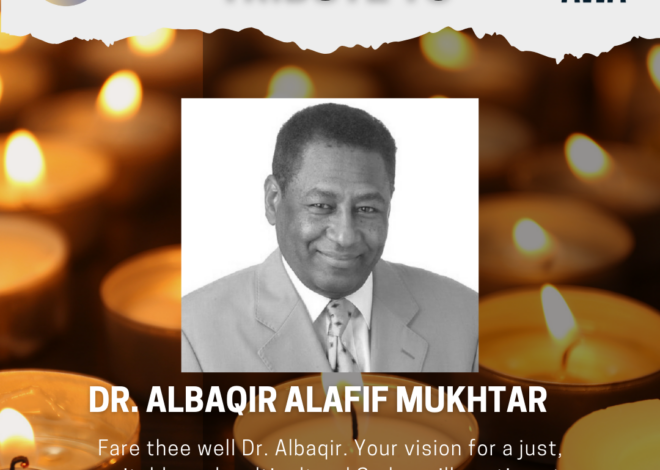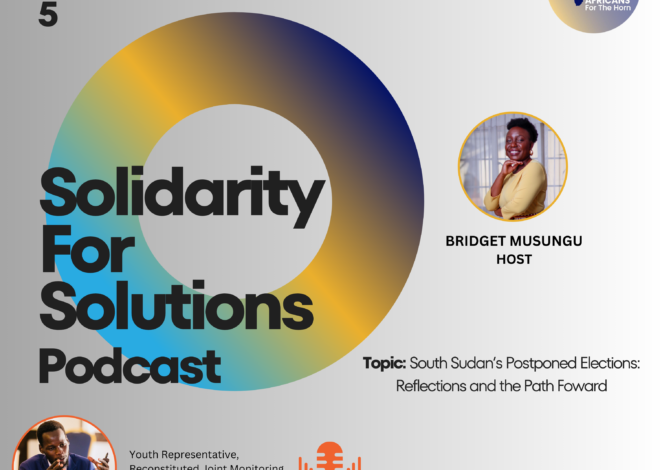
Pressure Mounts on Revitalized Transitional Government of National Unity as CSOs Calls for Key Benchmarks to be met ahead of the December 2024 Elections
22 March 2024, Juba/Nairobi
By Halima Ahmed
Ahead of the December 2024 polls, Africans for the Horn of Africa (Af4HA) Initiative and South Sudan civil society urges the Revitalized Transitional Government of National Unity (R-TGoNU) to engage in political dialogue and address outstanding issues on the preparation of the elections, emphasizing the need to restore public confidence in the transitional process.
On 19 to 21 March 2024, the South Sudan Civil Society Forum hosted a pivotal event, christened the Civil Society Conference on the Way Forward for the Transitional Process. Af4HA joined South Sudanese civil society in deliberating outstanding transitional issues including preparations for the December 2024 general elections, the constitution-making process, transitional justice, and security sector reforms. The CSO Conference was convened South Sudan Civil Society Forum (SSCSF) is a coalition of more than 200 independent civic groups including civil society organisations, women and youth groups, academia, community-based organisations and faith-based organisations from South Sudan established in December 2017 to provide consolidated civil society input to peace processes.
A resolution signed by 74 organisations titled “Juba Resolution on the Way Forward for the Transition in South Sudan” issued at the end of the CSO conference expressed concern about the failure to deliver on transition and social transformation initiatives anticipated when the Revitalized Agreement for Resolution of Conflict in South Sudan (R-ARCSS), was signed on September 12, 2018, in an effort to end the South Sudanese civil war. The agreement provided for the formation of the R-TGoNU in 2020 and marked an opportunity for renewed hope and another chance to restore peace, security and stability in a country that has witnessed nearly continuous war since independence.
Human rights defenders, civil society, representatives from political parties, transitional mechanisms and religious leaders present at the meeting expressed the frustration of South Sudanese with the failure of various transition processes to deliver democratic governance and development. Elections could be a way out of this cycle, however, participants were cautious that a rushed electoral process carries a high risk of violence and instability, saying “As it stands now, South Sudan is not ready for an inclusive, free, fair, credible, and peaceful electoral process.”
To pave the way for creating conditions in which this could be achieved the statement calls for dialogue between the parties. This dialogue must:
- Prioritize the interests of the South Sudanese citizens above those of their respective parties and develop concrete and actionable outcomes, as they embark on an inter-party dialogue;
- Be inclusive, bringing on board religious leaders, civil society, youth, and women’s groups;
In order to ensure a conducive environment for elections, the R-TGoNU
- Accelerate implementation establishment of safety and security in areas affected by conflict
- Initiate the process of determining constituencies, expedite the registration of political parties and voters;
- Plan for robust civic education, including modalities for involving IDPs and refugees, and expediting.
Acknowledging the impact of the civil war on civic and political space in the country, participants called on the R-TGoNU to promptly address restrictions on freedom of speech, association and assembly. This includes the amendment of the National Security Services (NSS) Act by to remove the agency’s police powers, and formally lifting restrictions on the ability of civic actors to freely convene to discuss matters of public interest.
The participants also emphasized the need for accountability. They welcomed draft legislation for the Commission on Truth, Reconciliation and Healing (CTRH) and the Compensation and Reparations Authority (CRA) and urged the Transitional National Legislative Assembly (TNLA) to hold public hearings to discuss and enact them. The resolution also calls on the R-TGoNU and the African Union (AU) to urgently establish a defined timeline for the creation of the Hybrid Court for South Sudan (HCSS), alongside efforts to facilitate the prosecution of crimes related to the conflict through domestic accountability mechanisms.
Af4HA calls on the R-TGoNU to respond expeditiously and effectively to these controls and on neighbouring states, regional and continental actors to support them to do so.
Halima Ahmed is a policy and Research Associate at African for the Horn of Africa (Af4HA) Initiative based in Nairobi, Kenya



